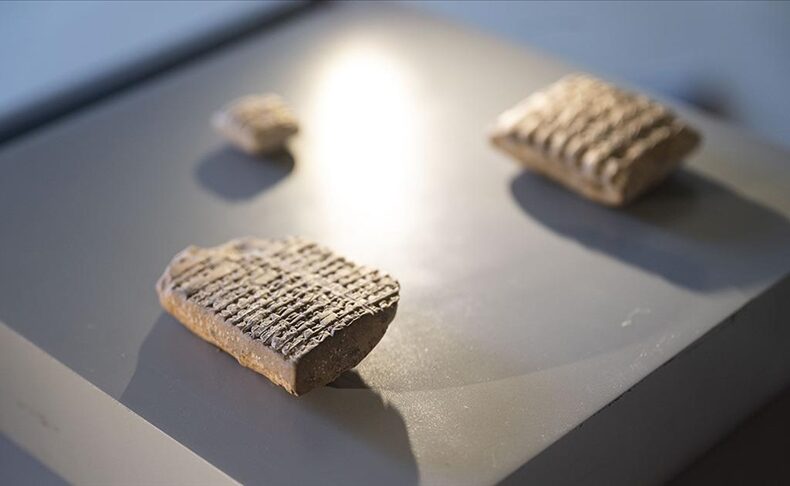
Türkiye Returns 6,000-Year-Old Cuneiform Clay Tablets to Iraq
Türkiye has respectfully returned six ancient cuneiform clay tablets to Iraq in a formal ceremony, honoring the rich cultural heritage of Mesopotamia. These artifacts, originating from the Old Ur, Akkadian, and Babylonian civilizations, contain valuable records related to economic, administrative, and religious matters.
The handover took place at the Republic Museum in Ankara, attended by Türkiye’s Deputy Minister of Culture and Tourism, Gökhan Yazgı, and Iraq’s Ambassador to Türkiye, Majid Abdulreda Hassan Al-Lachmawi.
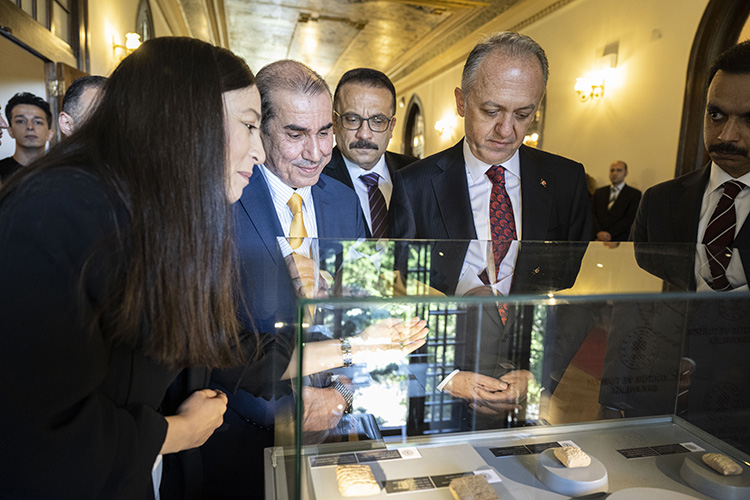
A Historic Connection Across Millennia
Scientific examinations conducted by experts from the Istanbul Archaeology Museum confirmed the Iraqi provenance of the tablets. These artifacts offer important insights into the ancient civilizations of southern Iraq.
Deputy Minister Yazgı highlighted Türkiye’s dedication to preserving not only its own heritage but also the cultural treasures of other nations:
📣 Our WhatsApp channel is now LIVE! Stay up-to-date with the latest news and updates, just click here to follow us on WhatsApp and never miss a thing!!
“These tablets are not just archaeological finds; they are precious documents illuminating human history. Türkiye approaches cultural heritage with equal respect for all peoples.”
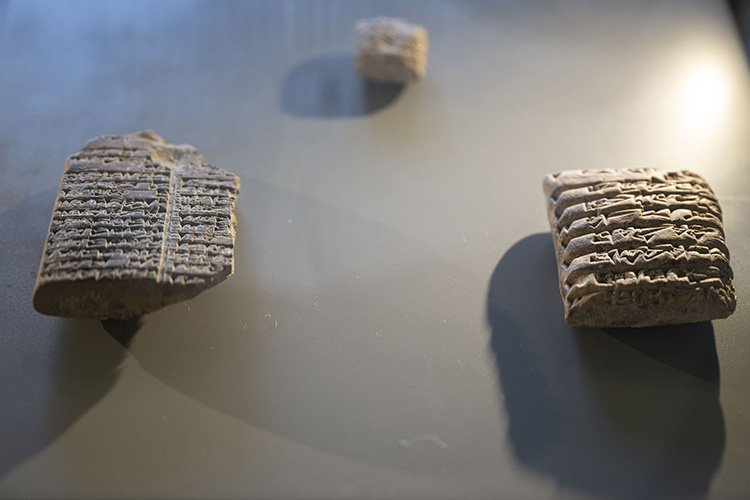
Increasing Cultural Repatriations to Iraq
Since 2010, Türkiye has returned a total of 97 cultural artifacts to Iraq, following the guidelines of UNESCO’s 1970 Convention and UN Security Council resolutions.
Yazgı emphasized that this repatriation is not just a goodwill gesture but a fulfillment of international legal obligations:
“Today’s return reflects our cultural responsibility and commitment to international cooperation.”
He also noted that the tablets were voluntarily handed over by a private citizen, showing growing public awareness of heritage protection.
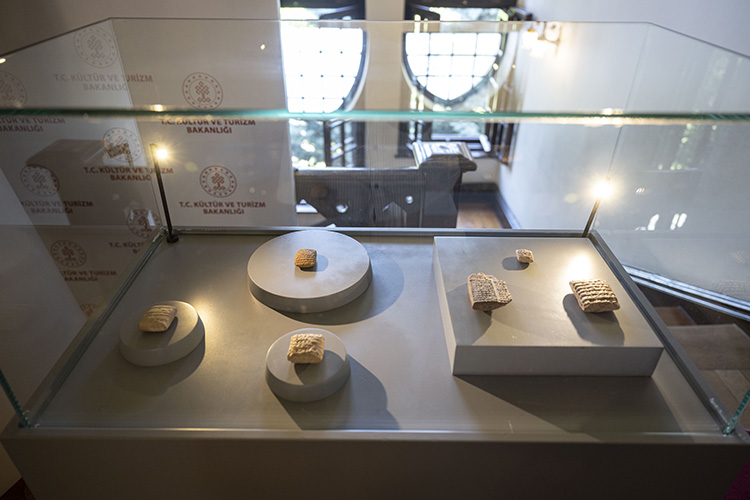
Messages of Friendship and Gratitude from Iraq
Ambassador Lachmawi expressed his gratitude to Türkiye, underscoring that this collaboration strengthens the ties between the two countries:
“The return of these historical artifacts is a tangible symbol of our friendship and mutual respect.”
Tablet Contents: Administrative and Religious Records
The tablets include priest lists from the Ur III period, livestock payment records from the Akkadian era, and daily administrative documents from the Babylonian period. These records shed light on the social and economic structures of the time.
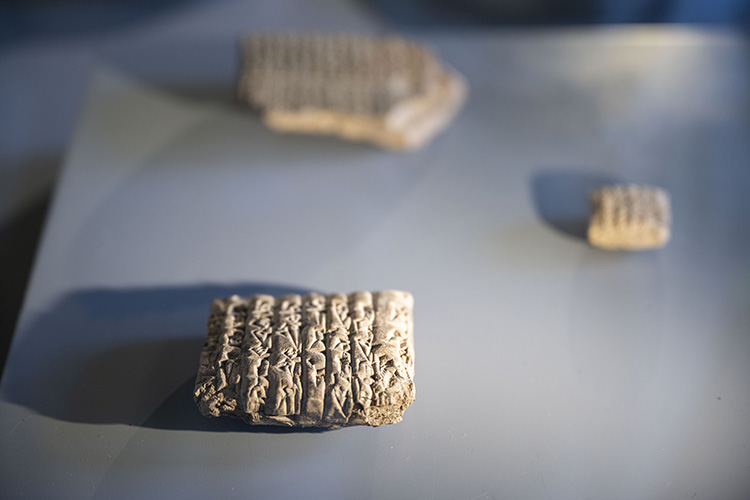
Türkiye’s Role in Cultural Heritage Protection
Türkiye continues to lead in combating illicit trafficking of cultural property and upholding international standards. The recent repatriation to Iraq stands as a prime example of cultural cooperation and legal responsibility.
You may also like
- A 1700-year-old statue of Pan unearthed during the excavations at Polyeuktos in İstanbul
- The granary was found in the ancient city of Sebaste, founded by the first Roman emperor Augustus
- Donalar Kale Kapı Rock Tomb or Donalar Rock Tomb
- Theater emerges as works continue in ancient city of Perinthos
- Urartian King Argishti’s bronze shield revealed the name of an unknown country
- The religious center of Lycia, the ancient city of Letoon
- Who were the Luwians?
- A new study brings a fresh perspective on the Anatolian origin of the Indo-European languages
- Perhaps the oldest thermal treatment center in the world, which has been in continuous use for 2000 years -Basilica Therma Roman Bath or King’s Daughter-
- The largest synagogue of the ancient world, located in the ancient city of Sardis, is being restored

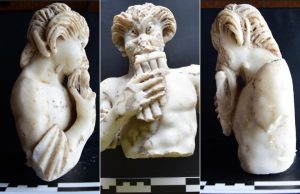
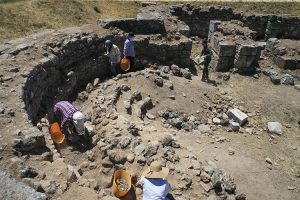
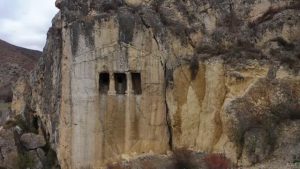


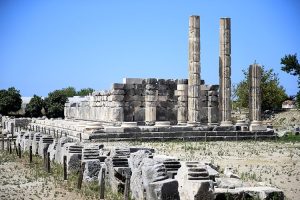


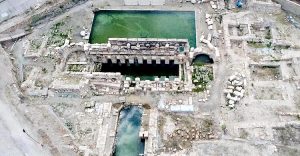
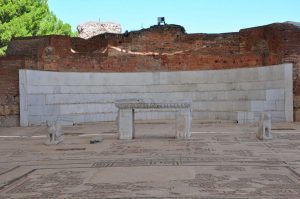
Leave a Reply